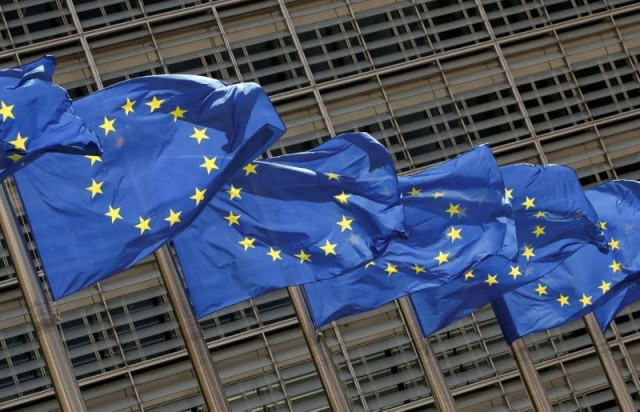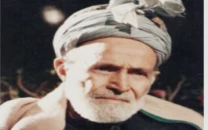EU asks Pakistan to tackle human rights challenges
MEPs urge govt to prevent misuse of blasphemy laws by applying safeguards against false accusations

Members of the European Parliament’s Subcommittee on Human Rights (DROI) called on the Pakistan government to undertake timely reforms and legislative changes on human rights issues and translate them into concrete improvements.
During a visit to Pakistan from September 19-21, a DROI delegation, led by Maria Arena, from Belgium, and comprising Peter van Dalen of The Netherlands and Petras Austrevicius of Lithuania, also urged the government to prevent any misuse of the blasphemy laws.
According to a statement, the visit was the final round of the European Union (EU) monitoring of Pakistan’s preferential trade access to the EU market under the Generalised Scheme of Preferences-Plus (GSP+) for 2014-2033 and its application to the next GSP system.
According to the statement, the delegation met with the ministers for human rights and law, members of the National Commission on Human Rights, parliamentarians, civil society organisations, women rights activists and the media.
“In these discussions, they talked about the criminal justice system, torture and the death penalty, economic and social rights, prevention of domestic violence, and the freedoms of religion and belief and the freedom of expression both online and offline,” the statement said.
The MEPs “called for determined and structured action, including the swift adoption of laws against torture and enforced disappearances, steps to substantially reduce the number of crimes carrying the death penalty and to apply the new procedures for mercy petitions”.
The delegation raised the need for preventing the misuse of blasphemy laws, by applying safeguards against false accusations and called for the implementation of laws to protect journalists, and eliminate obstacles to the work of civil society organisations and media.
The statement further said that Pakistani senators committed to sending a joint letter to the Supreme Court judges, requesting the apex court system, particularly at lower levels, to speed up its processing of the blasphemy cases.
In the meetings, the MEPs focused on human rights situation against the backdrop of the final round of EU monitoring of Pakistan’s preferential trade access under the GSP+ scheme and its preparations for an application to the next GSP system to be determined in 2024, the EU said.
The EU is Pakistan’s most important export market and as a major GSP+ country, Pakistan has committed to ratifying 27 international conventions on human rights, labour rights, sustainable development and good governance.
“Significant progress and renewed commitment to genuinely change the situation on the ground are essential for Pakistan to succeed in its application process for post-2023 GSP+,” said Maria Arena, the head of the delegation.
“Our visit allowed us to get an overall picture of the challenges faced by Pakistan when it comes to human rights. The European Parliament is working hard to adapt the scheme’s human rights requirements and how beneficiary countries and the EU cooperate.”
Alongside the meetings, the MEPs also visited an Afghan refugee community in Kheshgi in Nowshera District, which was affected by the flooding, talking to residents about their livelihood and challenges.
During their visit, the MEPs were briefed on Pakistan’s emergency response, relief activities and its vulnerability to climate disasters. The MEPs underlined that the international community must increase its efforts to help the countries impacted by climate change.



















COMMENTS
Comments are moderated and generally will be posted if they are on-topic and not abusive.
For more information, please see our Comments FAQ